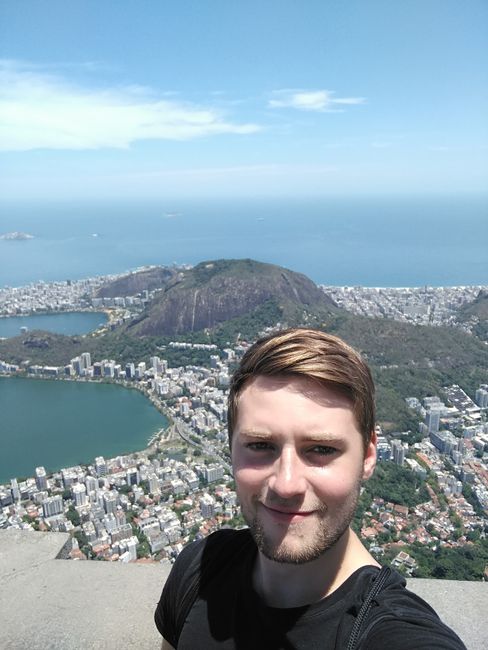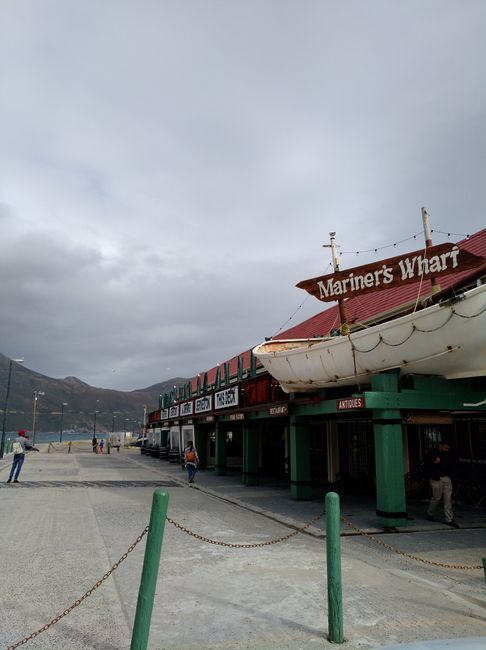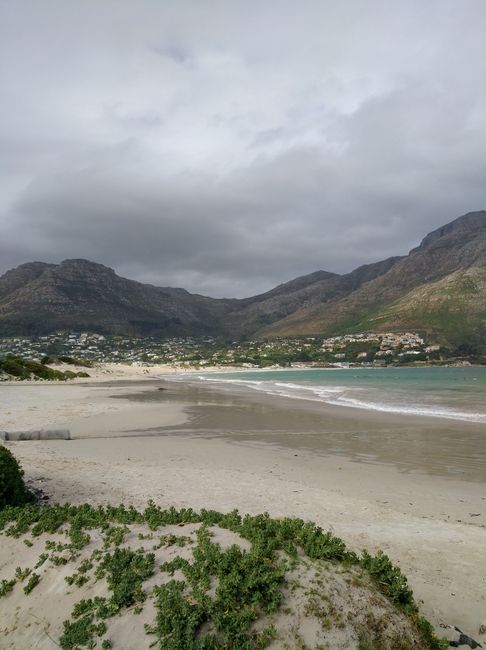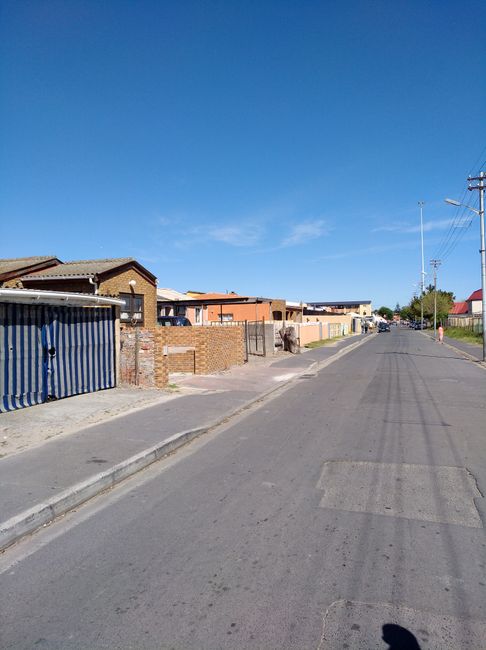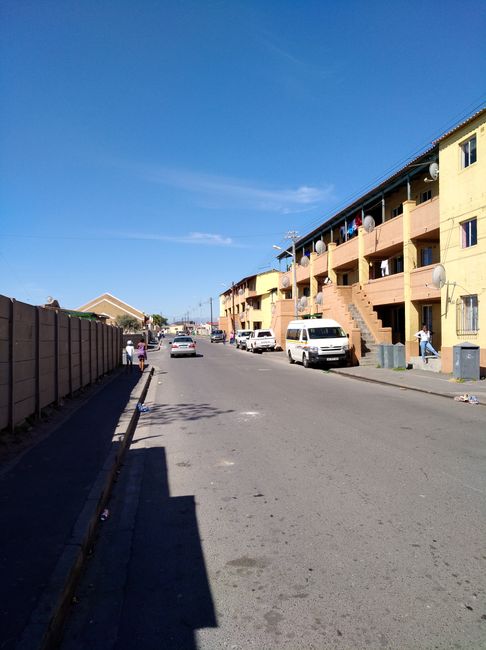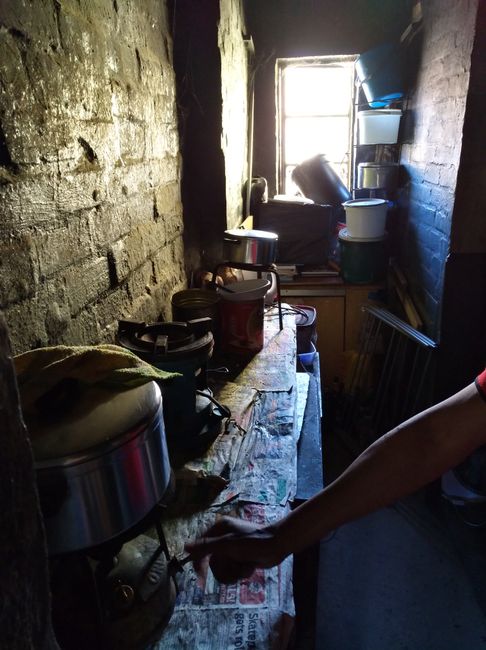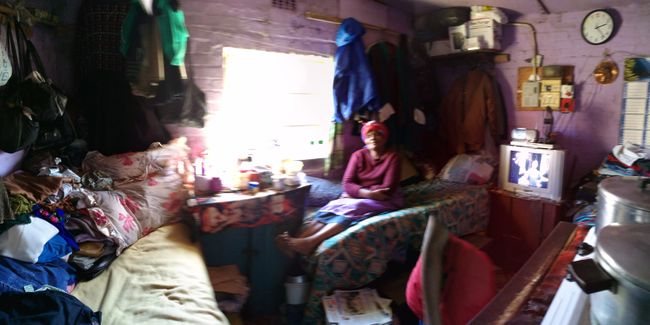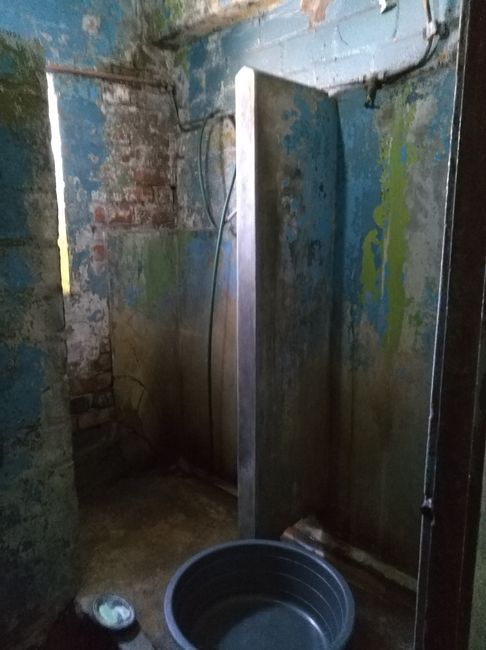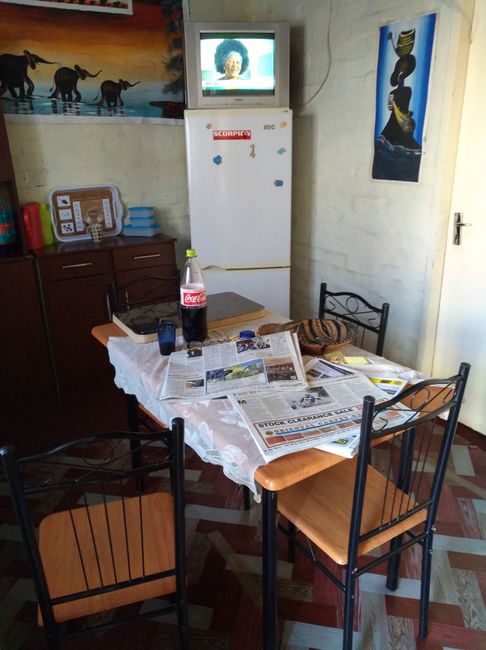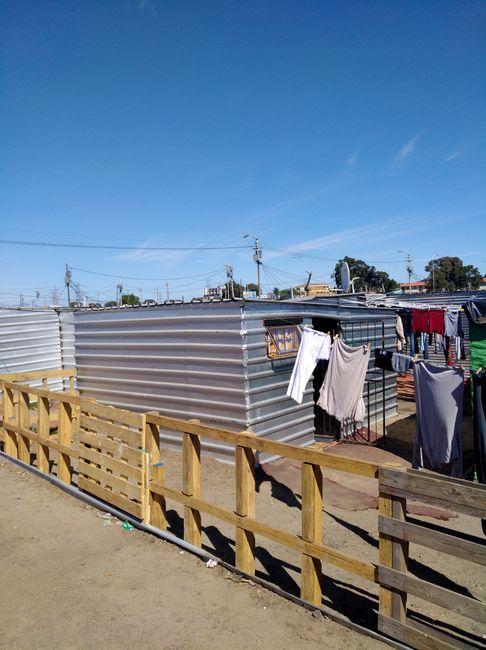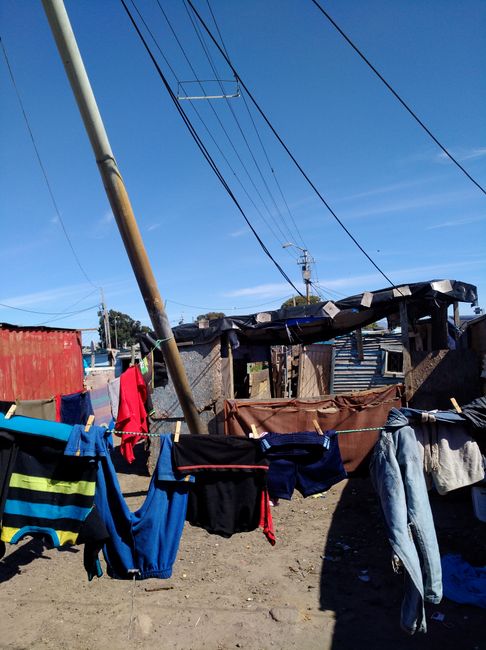The last days in Cape Town
প্ৰকাশিত: 24.09.2017
নিউজলেটাৰ চাবস্ক্ৰাইব কৰক
Another two days have passed in Cape Town and in the meantime I am really looking forward to continuing my journey towards Namibia. Life in the hostel can be exhausting during the day. However, in the evenings, it's paradise.
My eight-bed dormitory is almost fully occupied every night, and the nights are not really restful because of it. Today, it was great that someone suddenly started talking loudly on the phone at eight in the morning and woke up everyone else. Also, there is the widely-known phenomenon that the last beer while partying is often a bad one, and since I forgot to have the obligatory safety beer last night, the morning started with a slight headache as well.
Nevertheless, I managed to join a guided tour of the Langa and Gugulethu townships. Langa means 'sun' in the Xhosa language, and Gugulethu stands for 'our pride'. Anyway, there are incredibly many languages and dialects in South Africa, which can easily confuse you. Afrikaans, for example, originated in the 17th century and is one of the eleven official languages of South Africa. By the way, it was once declared 'the ugliest language in the world' by a South African newspaper, which I cannot fully confirm. So far, the lowest point in terms of language for me was hearing families communicate with each other in the deepest Saxon dialect.
Many townships, such as Gugulethu, were built during the apartheid regime from 1948 to 1994, with the purpose of separating the black population from the white population. The townships are divided into different areas, including the 'Upper', 'Middle', and 'Lower Class', which is reflected in the different conditions of the houses. Since we were accompanied by two locals, we were allowed to visit a house each from the 'Lower Class' and the 'Middle Class', and the difference was quite clear. While in the 'Lower Class' some people have to sleep in cramped spaces with up to ten people, the 'Middle Class' at least has separate bedrooms for some privacy and a proper toilet. However, the most remarkable thing for me was the fact that despite the different conditions, there is no envy among each other, and even the wealthier black population who work as lawyers or doctors, for example, have remained loyal to the townships. The sense of community most likely formed during the long period of oppression and is still palpable. Furthermore, there is a noticeable anger towards South African politics. Although there are now democratic elections, the government under Jacob Zuma, characterized by intrigues and corruption, makes the elections mostly meaningless.
Of course, I can't judge that myself entirely, but that's definitely what the locals have conveyed to me.
Apart from that, I have to say that the African sun is definitely on a different level than the German sun. Since the weather here changes seemingly every minute, it's always worth it to apply sunscreen. Unfortunately, I initially skipped that step and now I'm walking around as Mr. Krabs.
নিউজলেটাৰ চাবস্ক্ৰাইব কৰক
উত্তৰ (2)
Sibylle
Wow! So viele Eindrücke Thomas
Cooler Blig Emil
